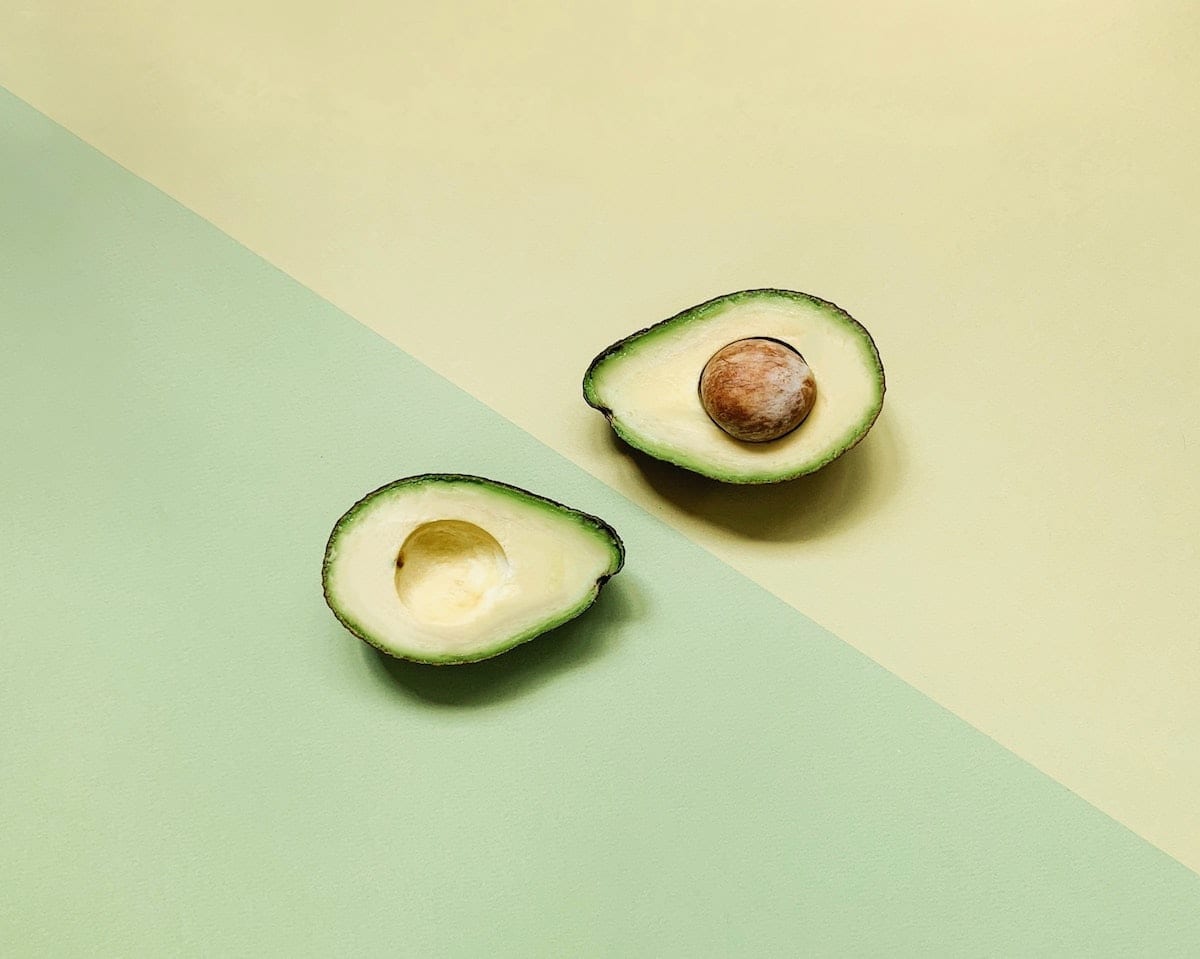It’s a common misconception that all fatty foods are bad for our health. In fact, our bodies actually need some fat intake in order to properly function. Broken down fat, known as fatty acids, is the building block for cell creation. The key is understanding which kind of fat is best for the body. To make things simple, we have created an outline that distinguishes the four main types of fat, their benefits, and their drawbacks.
Saturated Fat:
Saturated fat is extremely dense and often turns solid when cool. It is mostly animal-based and is prevalent in:
- Meat
- Dairy products
- Tropical oils (coconut oil, palm oil, cocoa butter)
- Shortening
Research shows high amounts of saturated fat can increase LDL cholesterol and risk for heart disease. To keep these risks low, we recommend consuming saturated fats in moderation.
Trans Fat:
Trans fat is a man-made product that is created when extra hydrogen is added to oil, making hydrogenated and partially hydrogenated oils. These oils are used to extend shelf life and decrease the cost of many products, including:
- Packaged snacks
- Fried/fast food
- Coffee creamers
Many studies have shown that trans fat can raise LDL Cholesterol levels and risk for heart disease. It can also increase inflammation within the body and suppresse your high-density lipoprotein (HDL) levels, or “good” cholesterol. We recommend avoiding these foods when you can in order to maintain optimal health.
Monounsaturated Fat:
Monounsaturated fat is prevalent in plants such as:
- Nuts
- Olives
- Avocado oil
When consumed in reasonable amounts, monounsaturated fat can actually lower LDL cholesterol and reduce our risk of heart disease.
Polyunsaturated Fat:
Polyunsaturated fat is the only fatty acid that the body cannot make on its own. You’ve probably heard that it’s good to consume Omega-3s, right? These are the fatty acids that are essential for the body to receive from your diet. These fats are found in:
- Coldwater seafood
- Seeds
- Soy
Eating foods that are rich in omega fats help the body to absorb vitamins A, D, E, and K. Like monounsaturated fats, these fats are shown to help lower cholesterol and reduce the risk of heart disease.
We hope this information gives you a better understanding of the value of eating a holistic diet and incorporating all food groups, including fat, within your meals. Of course, not all fats are equal when it comes to their benefits.
Application Tip:
To keep yourself from getting too hungry and swinging by McDonald’s on the way home from work, we recommend putting a bag of raw nuts or seeds in your car. This will help keep your hunger in check until you can get home and have a healthy meal.
Eat smarter. Live Betr.






This Post Has One Comment
Good article